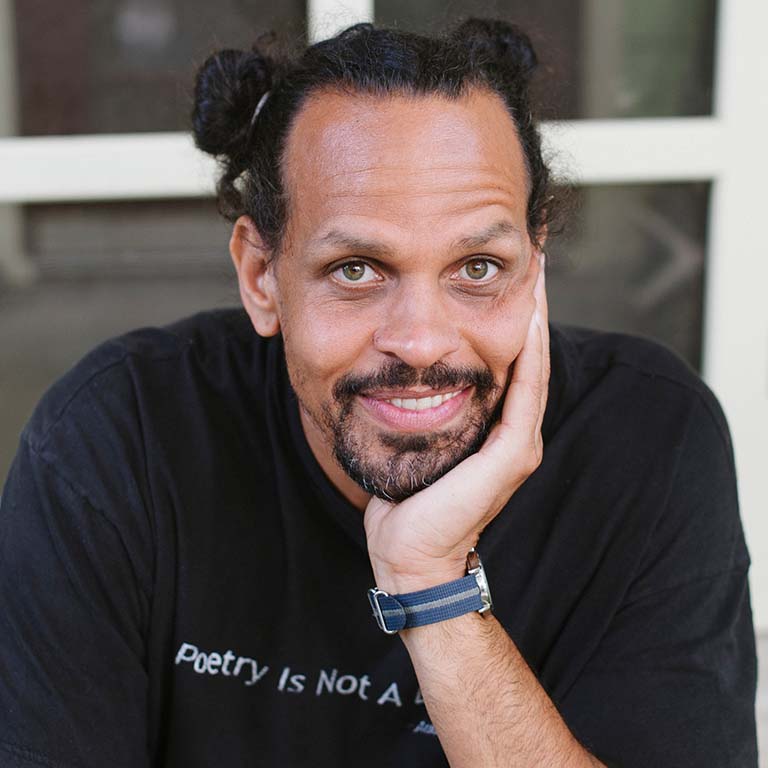It’s the shivering. When rage grows
hot as an army of red ants and forces
the mind to quiet the body, the quakes
emerge, sometimes just the knees,
but, at worst, through the hips, chest, neck
until, like a virus, slipping inside the lungs
and pulse, every ounce of strength tapped
to squeeze words from my taut lips,
his eyes scanning my car’s insides, my eyes,
my license, and as I answer the questions
3, 4, 5 times, my jaw tight as a vice,
his hand massaging the gun butt, I
imagine things I don’t want to
and inside beg this to end
before the shiver catches my
hands, and he sees,
and something happens.
Published:
2006
Length:
Shorty
Literary Movements:
Contemporary
Anthology Years:
2023
Themes:
Identity
Poems of Place
Racial Injustice
Literary Devices:
Enjambment
a line break interrupting the middle of a phrase which continues on to the next line
Imagery
visually descriptive or figurative language, especially in a literary work
Simile
a comparison between two unlike things using the words “like” or “as”

